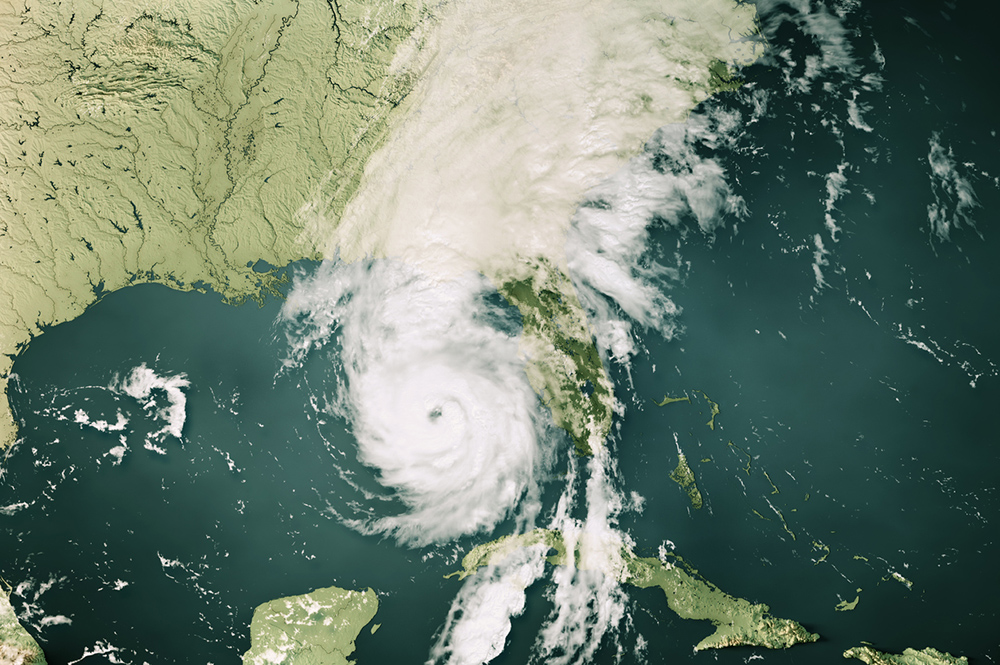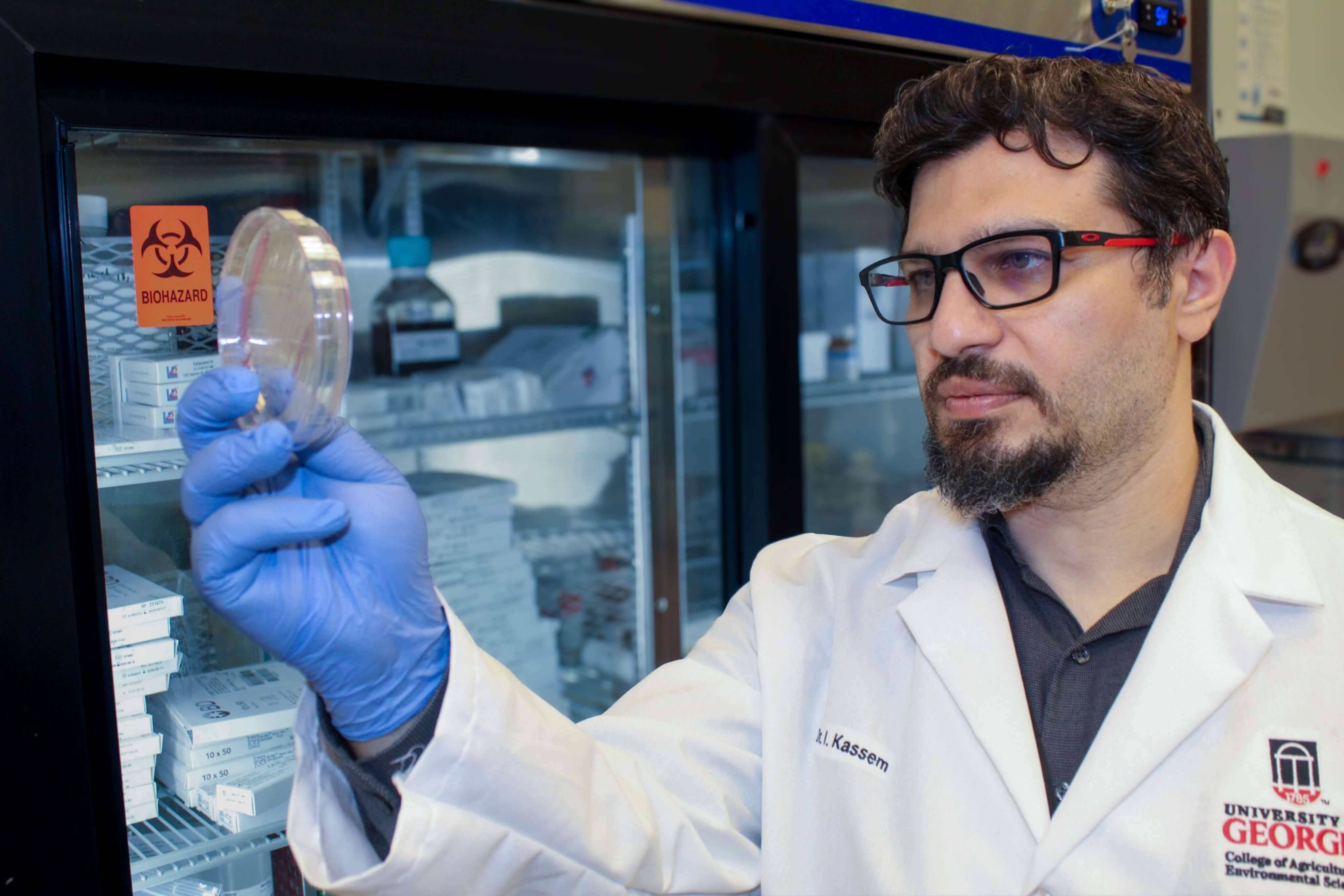The air quality in north Georgia has suffered over the past weeks due to several wildfires burning across the north Georgia mountains.
While the smoke ebbs and flows depending on the direction of the wind, smoke is likely to be an issue for at least the next few weeks. Meteorologists across the state are tracking the one thing that could end these fires and smoke for good – rain. Unfortunately, Atlanta hasn’t had any rain for more than a month, and climatologists predict that December will be drier than normal as well.
In the last two weeks, several Georgia cities have issued a code orange or code red air quality index (AQI). According to AirNow, which is used by federal, state and local governments to monitor and track air quality, code orange is considered “unhealthy for sensitive groups.” While the general public is not at risk, people with heart and lung diseases, older adults and children are at greater risk from exposure to the ozone and particles in the air. A code red is considered a more serious risk for members of these sensitive groups and poses a possible threat to the health of the general public. Symptoms of poor air quality include coughing, throat soreness, difficulty breathing, aggravated asthma and permanent lung damage with prolonged exposure.
Emergency room visits due to asthma and breathing difficulties have increased in north Georgia cities such as Jasper, Dalton and Gainesville, and these numbers will likely increase because of the continued drought and growing fires.
Many individuals who fall within the sensitive group are family, friends and loved ones who we will see over the holidays. During this time together, it may be a good idea to talk with vulnerable family members about precautions that they can take to stay healthy this holiday season despite the smoke.
For older adults, children and those that suffer from heart and lung diseases, asthma, chronic obstructive pulmonary disease (COPD), taking simple steps can reduce exposure to unhealthy air.
- Check the air quality index for your area daily and plan accordingly. The Environmental Protection Agency posts current air quality conditions at airnow.gov and amp.georgiaair.org.
- Limit outdoor activities if it is hazy or smoky outside. Get creative with your kids: Play hide and seek inside or go camping in your living room.
- Keep your home and vehicle windows and doors closed as much as possible.
- When driving in your vehicle, press the recirculate button in your car to prevent the smoky air from getting inside.
- If you smoke cigarettes, limit smoking as much as possible. Tobacco smoke is a pollutant and greatly contributes to poor air quality.
- Do not rely on paper dust masks for protection. These kinds of masks do not protect your lungs from the small particles found in wildfire smoke.
- If you are a member of the sensitive group, contact your healthcare provider for additional tips on staying healthy despite poor air quality.
Your health should be a priority this holiday season. Remember to follow these tips from University of Georgia Cooperative Extension as you try to reduce your exposure to unhealthy air.
Tips from the Centers for Disease Control and Prevention for protecting yourself from wildfire smoke are available at at www.cdc.gov/features/wildfires.






